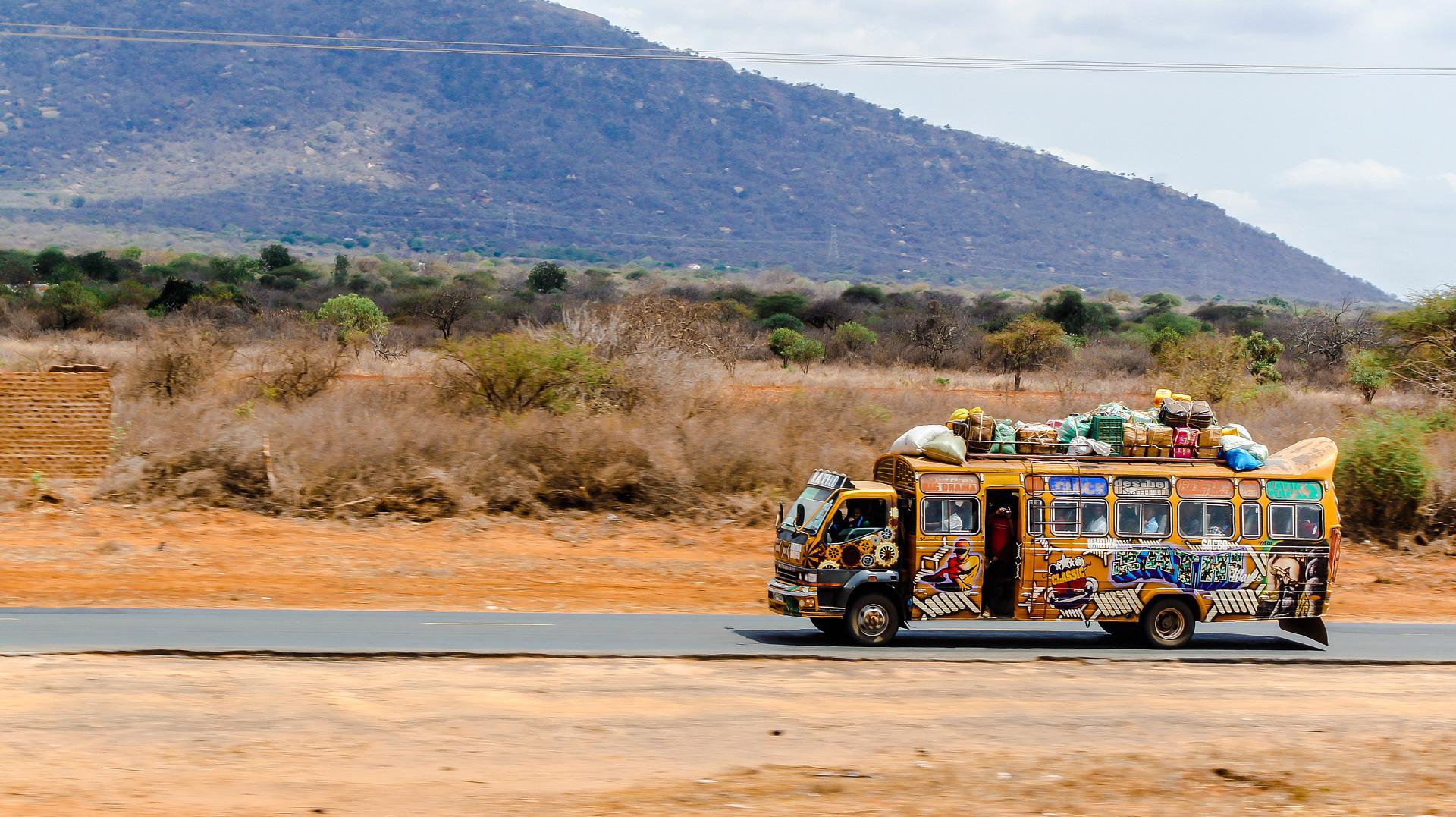
Cultural Forms of Human Trafficking in Africa
From forced labor to indentured servitude to sex trafficking, there are many forms of human trafficking. Several cultural traditions in Africa combine the aforementioned three types of trafficking to create the Trokosi or “slaves to the gods” in Ghana and the Wahaya or “fifth wife” in Niger. Even though slavery was banned in Ghana by its Constitution in 1992, and Niger abolished slavery after it gained independence from France in 1960, forcing young girls into ritual servitude is still a thriving and accepted cultural practice in these countries.
Trokosi: Slaves to the Gods
Trokosi or the “slaves to the gods” are young virgin girls from the Ewe ethnic group who are sent to live as forced laborers in traditional shrines. In addition to being used as slave labor, they are also used as sex slaves by the priests residing in the shrines. These young girls, some as young as 6 years old are typically given to the priests to absolve a male family member of a crime and appease the gods. Once a girl has been sent into Trokosi servitude, she is a Trokosi for the rest of her life. One priest explained that after she dies, she has to be replaced by her family and that the Trokosi will “serve we the priests domestically, satisfy our sexual desires and work on our farms to provide our economic security.” After an international outcry by human rights groups, the government of Ghana banned the practice of Trokosi in 1998. Yet fifteen years after Trokosi servitude was abolished, an estimated 3,000 to 5,000 Trokosi remain enslaved in Ghana today.
Wahaya: Fifth Wife
Niger is predominantly a Muslim country that allows polygamy. By the Qur’an, a man is permitted (although not obligated) to take up to four wives as long as he treats them equally. Each wife after the first four are considered Wahaya or “fifth wife” and treated as slaves to the first four wives and husband. The Wahaya are really just young girls, usually between the ages of 9 to 14 when their enslaved parents sell into slavery. In 2012, Anti-Slavery International had a chance to interview ten Wahaya in Niger and hear their stories of frequent abuse and rape by their “husbands” and the terrible living conditions and daily chores inflicted by the legal wives. The Wahaya are in charge of watching the children, cooking, cleaning and taking care of the livestock. Usually Wahaya are bought by rich men who live in large compounds with their four legal wives and up to ten Wahaya. Since the Wahaya are seen as a sign of prestige, many men have more than one. Any children born to a Wahaya is considered legitimate, which causes concern for the legal wives since their children stand to inherit less the more children the Wahaya have. Wahaya must endure abuse from their “husband” and his legal wives for the rest of her life and her female children will most likely be sold by her “husband” to live as Wahaya as well.
